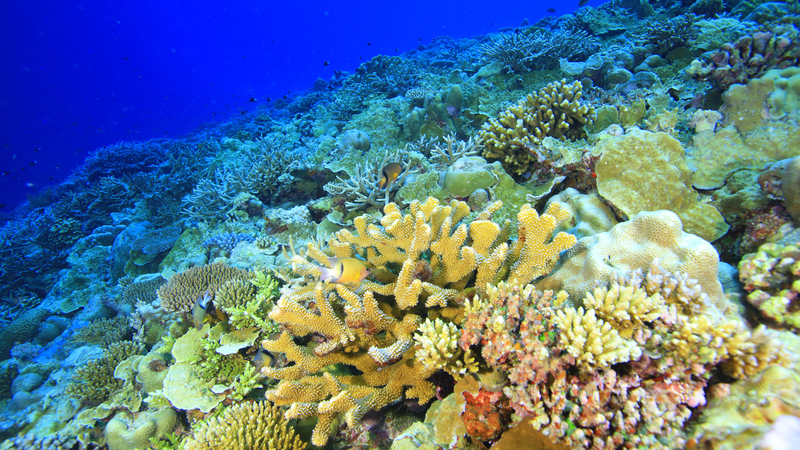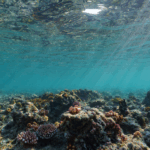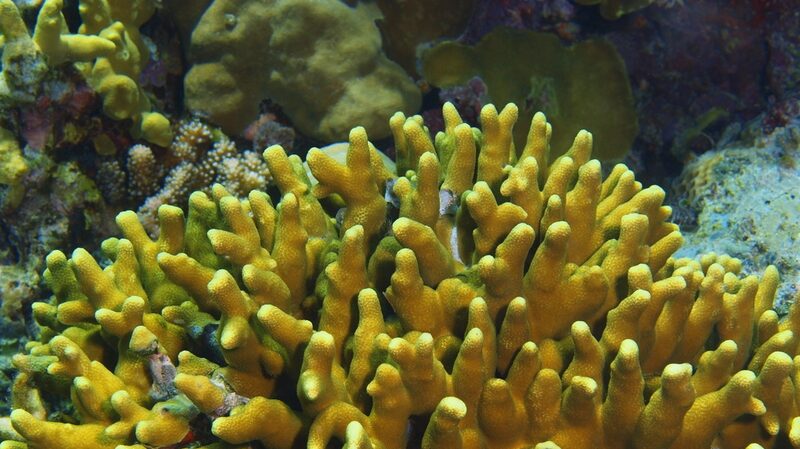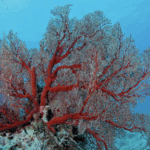Beneath the turquoise waves of Asia’s tropical seas lies an ecological treasure teetering on collapse. Coral reefs – often called the "rainforests of the ocean" – sustain 25% of marine life while protecting coastlines and supporting millions of livelihoods. Yet these vibrant ecosystems are vanishing at unprecedented rates, with scientists warning of mass bleaching events and irreversible damage driven by climate change and human activity.
Recent advancements in extended reality (XR) technology have allowed researchers to visualize reef degradation with startling clarity. Virtual reconstructions reveal how rising sea temperatures disrupt delicate symbiotic relationships between corals and algae, while overfishing and pollution compound the crisis. "What happens to coral reefs doesn’t stay underwater – it ripples through food security, tourism, and coastal resilience," explains marine biologist Dr. Li Wei in a groundbreaking documentary.
Asia-Pacific nations, home to the Coral Triangle – a global biodiversity hotspot spanning six countries – face particularly acute challenges. Regional initiatives to establish marine protected areas and promote sustainable fishing practices show promise, but experts emphasize that "global cooperation on emissions reduction is non-negotiable" for long-term recovery.
As scientists race to develop heat-resistant coral strains and AI-powered monitoring systems, the reefs’ faint whispers carry both a dire warning and an urgent plea: The fight to save these underwater cities is inseparable from humanity’s own survival.
Reference(s):
cgtn.com








